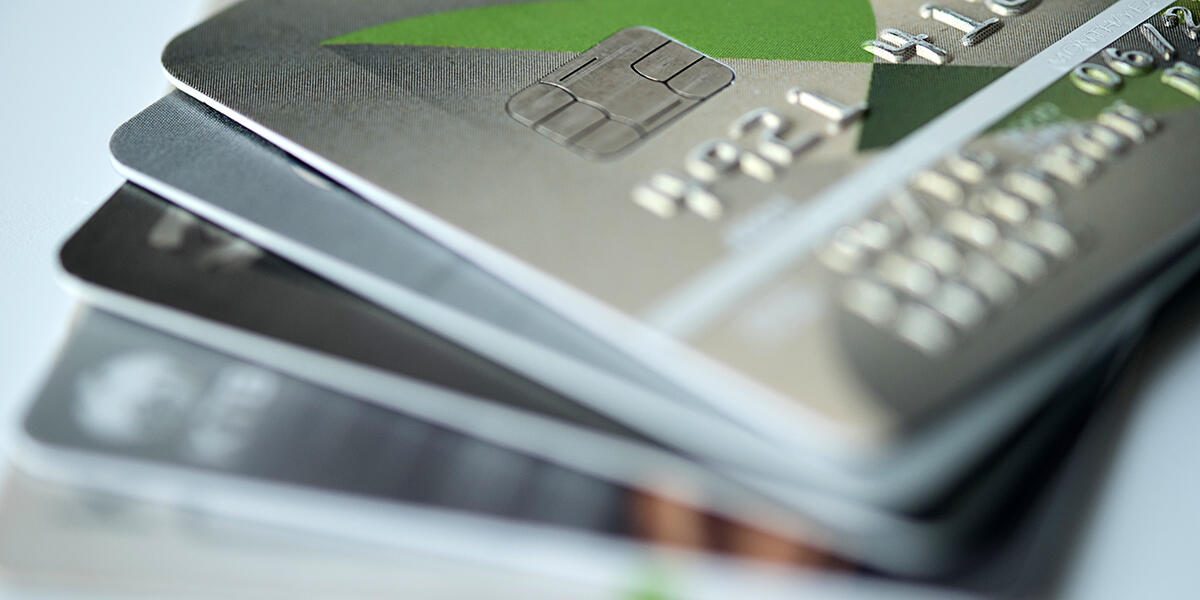Disclaimer: Consumer legal fundings and advances are not loans under applicable financing laws. Rockpoint’s products are non-recourse, meaning if you don’t win your case, you don’t have to pay us back. Receiving financial support in connection with a legal case is typically (and oftentimes incorrectly) referred to as a “lawsuit loan” or “loan.” Therefore, for the ease of search references, these terms may be used in this context to refer to our funding products, but we maintain our separateness from consumer loan products in all legal aspects.
After a loved one passes away, figuring out what happens to their bank accounts is one of the first big hurdles. Many families learn that probate—the court-supervised process for distributing someone’s assets—often takes many months, slowing access to funds that might be needed for funeral costs or other expenses. Yet not all bank accounts automatically follow that path. Whether you’re subject to Hawaii probate rules or those of another state, how your loved one structured an account can determine whether it bypasses probate or remains tied up in legal proceedings.
Below is an overview of situations where bank accounts go through probate, when they might not, and how families typically gain control of those accounts. This context may help you move forward more confidently, especially if you’re dealing with immediate financial needs.
Why Probate Exists for Certain Bank Accounts
Probate serves as a legal check, confirming the decedent’s wishes are honored and ensuring that any creditors or outstanding debts are handled properly. If an account doesn’t have a clear plan for who inherits the funds, the court steps in to direct where the money should go. This can protect beneficiaries and creditors alike, though the downside is that it can involve red tape and delays.
Key reasons probate might apply to an account:
- There’s no listed beneficiary.
- The account isn’t designated “payable on death” (POD).
- The decedent didn’t hold it with a joint owner.
- It’s not part of a living trust or other estate-planning vehicle.
If the account meets all these points—no beneficiary or special arrangement—the probate court will generally freeze the funds until the executor or personal representative is authorized to act. That means loved ones often can’t touch the balance, even for urgent bills, until the court finishes its review.
When Bank Accounts Can Bypass Probate
While some accounts default into probate, certain arrangements allow them to skip the court system. Many people set these up to ease the burden on heirs, sparing them a lengthy process for accessing the funds. Here are the most common scenarios:
-
Joint Ownership
A joint bank account with the right of survivorship means the surviving co-owner usually takes ownership of all funds immediately upon the other owner’s passing. There’s no need for probate to confirm that transfer.
-
Beneficiary Designations
Many retirement accounts, life insurance policies, and even some standard bank accounts let you name a beneficiary who automatically receives the funds when you die. If your loved one added such a beneficiary, the account can often avoid probate.
-
Payable-on-Death (POD) Deeds
A POD account allows the holder to designate a person (or multiple people) who inherits the money without a court order. All that’s needed is a death certificate and possibly an affidavit confirming the beneficiary’s identity.
-
Accounts Held in a Living Trust
If the decedent placed a bank account under a living trust, the trustee gains control of it immediately after the person’s death. The trustee can distribute money as per the trust’s instructions, bypassing probate entirely.
When an account includes one or more of these features, the bank typically releases the funds to the new owner as soon as the required paperwork is sorted out. That can make a big difference for family members facing immediate financial pressures.
When Bank Accounts Stay in Probate
Sometimes, though, the decedent may not have made specific arrangements for the account. In that case, the bank account usually becomes part of the estate that must be handled under the court’s supervision. This often happens if:
- The account lacks a payable-on-death designation
- There’s no joint owner
- It isn’t listed as part of a living trust
- The decedent didn’t choose a beneficiary
If any of these apply, the account will typically go through probate. The court will decide how to pass it on according to the terms of the will (if there is one) or the state’s intestate succession laws (if there isn’t).
What Happens to Bank Accounts After Death
Once the owner of a sole-ownership account passes away, the bank will freeze the account until they receive the green light from probate court. This generally means:
-
Proof of Death
The executor files a death certificate with the bank and notifies it that the account holder is deceased.
-
Account Freeze
The bank doesn’t allow any transactions (withdrawals, transfers) until the estate’s representative provides formal authorization from the probate court.
-
Eventual Distribution
Once the court gives an executor permission, the funds are used to pay off final bills, taxes, or debts. Anything left then goes to heirs as directed by the will or intestate laws.
If disputes occur—say there’s a disagreement over who should get the money—this can stretch out longer. Beneficiaries might find themselves paying for funeral bills out of their own pockets, only to be reimbursed many months later once the estate settles.
Other Assets That Follow Similar Rules
It’s not just bank accounts that might go through probate. In fact, your loved one’s estate may contain a range of items subject to the same legal steps, including:
- Real estate titled solely in their name and without a transfer-on-death deed
- Vehicles lacking a co-owner listed on the title
- Personal items such as jewelry, antiques, or collectibles
- Stocks and bonds not set up with a transfer-on-death feature
- Business interests that don’t have another named owner
When inventorying assets, it’s often wise to identify which ones automatically pass to a beneficiary and which ones require probate.
Dealing with Financial Pressures During Probate
Waiting for the probate process to wrap up can be frustrating, especially if you’re already facing medical bills, funeral expenses, or personal financial strains. A contested will or a backlog in local courts might push the distribution out a year or even longer.
In these circumstances, an inheritance advance from a provider like Rockpoint Probate Funding could help. Unlike traditional loans, this arrangement gives you access to part of your expected inheritance. Once probate ends, Rockpoint is paid back directly from your share of the estate. It’s a way to handle debts, living expenses, or other obligations without waiting indefinitely for the estate to finalize.
To explore this, you typically share basic details about the estate’s size, the will’s specifics (if available), and your expected portion. Rockpoint Probate Funding doesn’t require a credit check or income verification. If your inheritance is large enough to justify an advance, they can often deliver funds quickly—sometimes within a day. If, for some reason, your share falls through, you’re generally not on the hook to repay the advance (in other words, it’s non-recourse funding).
Conclusion
So, do bank accounts with beneficiaries have to go through probate? It depends on how the account was set up. Those that name a joint owner or beneficiary can usually avoid the standard legal process, while accounts lacking those features generally pass through probate. That might mean a lengthy pause before anyone can touch the money.
If your loved one didn’t structure the account to bypass probate—and if immediate financial needs are stacking up—an inheritance advance could provide relief. You’re free to spend the funds as you see fit, and repayment only happens once the estate pays out your share.
To learn more or see if you qualify for a probate advance, you can reach Rockpoint Probate Funding at 888-263-8588. This option doesn’t solve every issue, but it can help bridge the gap between a loved one’s death and the final distribution of their assets—bank accounts included.








